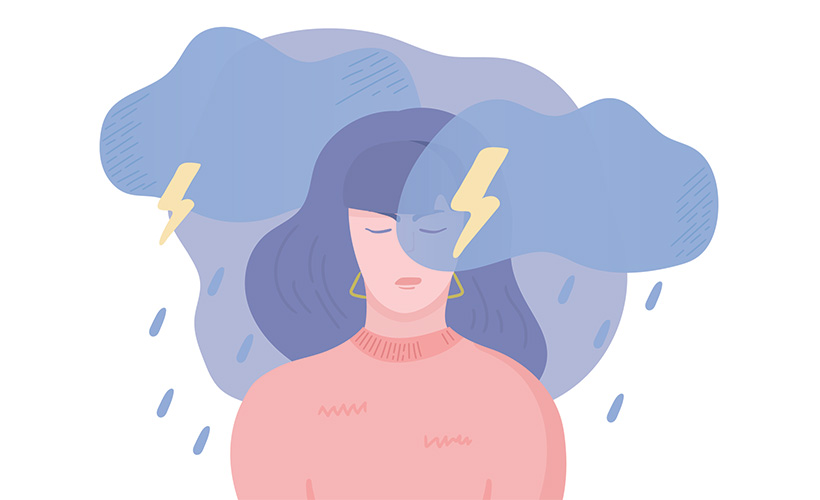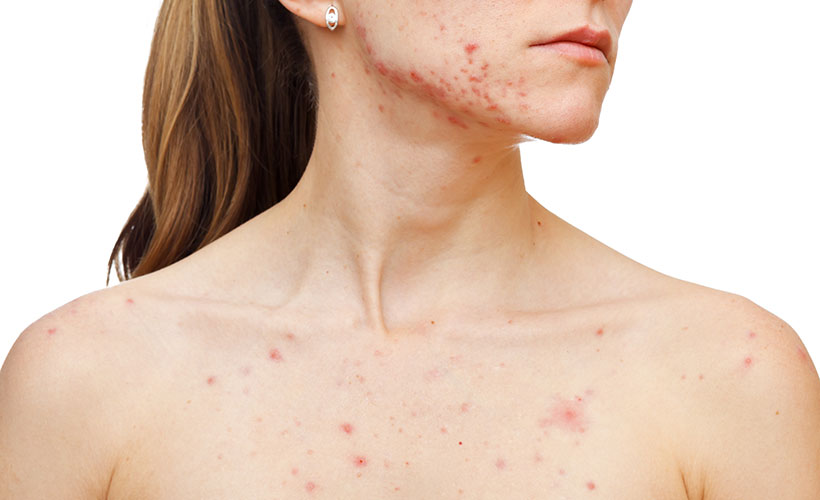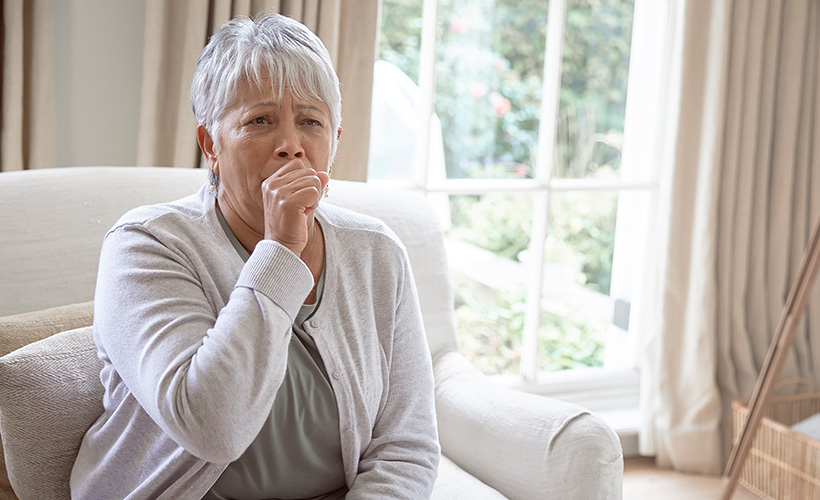Once thought to be a childhood disorder that disappeared in adulthood, Attention Deficit Hyperactivity Disorder (ADHD) affects 5 to 7% of the population, with numbers climbing around the world. It is thought that only 10 to 25% of adults with ADHD have been diagnosed and effectively treated. Boys and men are much more likely to be diagnosed than girls and women. Many adult women were not diagnosed as children as the full understanding of the different types of ADHD has only developed slowly over the last 40 years.
What is ADHD?
ADHD is a specific neurodevelopmental delay affecting a part of the brain in the frontal lobe, called the pre-frontal cortex. The frontal lobe is an area of the brain responsible for emotion, behaviour, judgement, energy, filtering and controlling attention, and something called ‘executive function’ which is how you are able to plan and organise tasks. There is also a neurochemical imbalance with less dopamine available in the brain. Dopamine is responsible for mood, learning and attention. Medical research including MRI studies, brain imaging and brain wave studies show definite structural differences in certain areas of the brain when comparing an ADHD brain to a non-ADHD brain.
People with ADHD have to work much harder to control their attention, emotions and behaviours. They often have a short attention span and a low boredom threshold especially for tasks considered monotonous or boring, or for things they are not interested in.
Symptoms:
ADHD presents differently in adults compared to children, and also between gender types. The stereotype most people will be familiar with is the “hyperactive little boy” that won’t sit still in class and is constantly fidgeting and disruptive. While this is an accurate description for some cases, there needs to be more awareness that ADHD can look quite different in girls and adults.

There are three presentations of ADHD with different symptoms:
1 – Predominantly inattentive
- daydreamy
- forgetful
- disorganised
- problems finishing tasks
- misses details
- difficulty following conversations or instructions
- easily distracted.
2 – Predominantly hyperactive and impulsive
- restless
- impatient
- in constant physical motion
- fidgety
- talks a lot
- difficulty sitting still (sometimes described as a motor that doesn’t stop)
- acts without thinking of the consequences
- interrupts others
- has difficulty waiting their turn
- may have more accidents and injuries due to impulsiveness.
3 – Combined type
- a combination of both hyperactive and inattentive.
ADHD often seems more noticeable in boys. Boys and men are more likely to be diagnosed with hyperactive type. Girls and women tend to internalise their symptoms and are more likely to be diagnosed with inattentive type.
Why are so many people being diagnosed with ADHD lately?
The impact of global lockdowns put a huge focus on mental health. There is now much more awareness of what the condition is, and the symptoms that present. There is less stigma and more acceptance that this is a brain difference that can require more support in different areas of life than for people with a neurotypical brain.
More people are getting assessed, diagnosed, treated and supported for ADHD. Often it is a parent whose child has recently been diagnosed with the condition that realises they too also experience symptoms.
What causes ADHD?
ADHD tends to run in families so there is a strong genetic element – around 25% of children will have a parent diagnosed with it or likely to have it.
Why is treatment for ADHD so important?
ADHD is often misdiagnosed as anxiety, depression or bipolar disorder. When untreated, ADHD contributes to low self-esteem, the development of mood disorders, substance abuse, struggles with personal relationships, and decreased work and professional opportunities.
Treatment for children can lead to better success academically, improve their friendships and family relationships, help with developing a healthy self-image and help avoid substance abuse, early sexual activity and disruptive behaviour.
I think I have ADHD!
First step – visit your GP and discuss your concerns. Your GP may then refer you to a clinical psychologist, psychiatrist or paediatrician as these are the only registered health professionals in New Zealand that can assess for and diagnose ADHD.

















Community